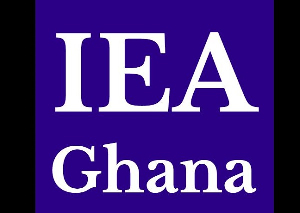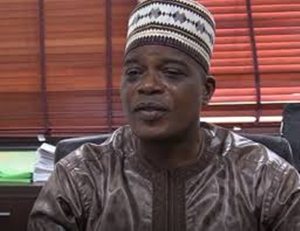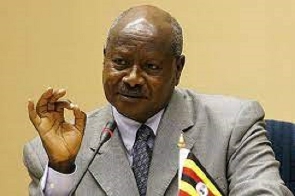The Institute of Economic Affairs (IEA) has criticised the sale of Newmont’s Akyem Gold Mine Project in Ghana to China’s Zijin Mining Group for $1.0 billion, calling the deal ‘flawed’ and ‘detrimental’ to Ghana’s interests.
The Institute believes that Ghana needs a new approach to its mineral contracts, stating that national ownership is needed to create jobs, wealth, and technical capacity for Ghanaians.
“The IEA notes that the project lease was signed between the Ghana Government and Newmont on January 19, 2010, and has an expiry period of 15 years, valid until January 19, 2025. According to the terms, the lease is transferable within the duration period, subject to mutual agreement between the Government and Newmont.
“The lease is also subject to extension after its expiry date by mutual agreement. The lease has not yet expired, and therefore, any decision by Newmont to sell the mine must be on a transfer basis and must be for the unexpired term only and subject to Government agreement,” the IEA claimed in a statement sighted by GhanaWeb Business.
The IEA also pointed out that Newmont must return the mine to the government at the end of the lease.
“At the end of the expiry period, Newmont is obliged to hand over the mine back to the Government, the rightful owner of the gold under the assigned land. Any company that wants to operate the mine after the expiry date of the lease must sign a new agreement with the Government,” it added.
The IEA also noted that no agreement has been reached for the transfer of the mine to Zijin for the unexpired term of the lease, nor has there been an extension of the lease agreed upon by the government.
The institute further revealed that some Ghanaian companies made respective bids for the mine but were outbid by Zijin.
This decision, it said, contradicts the President’s earlier statement in his State of the Nation Address, where he emphasised prioritizing Ghanaian investors for such acquisitions.
The IEA therefore questioned why the President’s stance has changed, favoring a foreign company over local investors.
The institute further noted that even Canada, where Zijin is seeking to invest, has limited Zijin’s stake in its critical minerals sector for national security reasons.
The IEA stressed that Ghana’s natural resources are crucial for the country’s development and poverty eradication.
“The usual excuse given by Ghanaian officials that the country lacks the requisite capital and expertise locally for exploiting its natural resources and, therefore, has to depend on foreign investors and compensate them accordingly is no longer tenable. Other countries with similar conditions as Ghana’s have been able to negotiate much better terms for the exploitation of their natural resources,” it alluded.
The IEA proposed two recommendations to improve the governance of Ghana’s natural resources and reduce corruption.
First, amend Article 257(6) of the Constitution, which vests natural resources in the President, to prevent unilateral decisions.
Second, introduce a provision in the Constitution or the Minerals and Mining Act, 2006 (Act 703), to prohibit the government from signing high-value contracts six months before the end of their term, preventing last-minute deals for personal gain.
See the full statement by IEA below:
ID/MA
Watch the latest edition of BizTech below:
Ghana’s leading digital news platform, GhanaWeb, in conjunction with the Korle-Bu Teaching Hospital, is embarking on an aggressive campaign which is geared towards ensuring that parliament passes comprehensive legislation to guide organ harvesting, organ donation, and organ transplantation in the country.
Click here to follow the GhanaWeb Business WhatsApp channel
Business News of Monday, 21 October 2024
Source: www.ghanaweb.com













